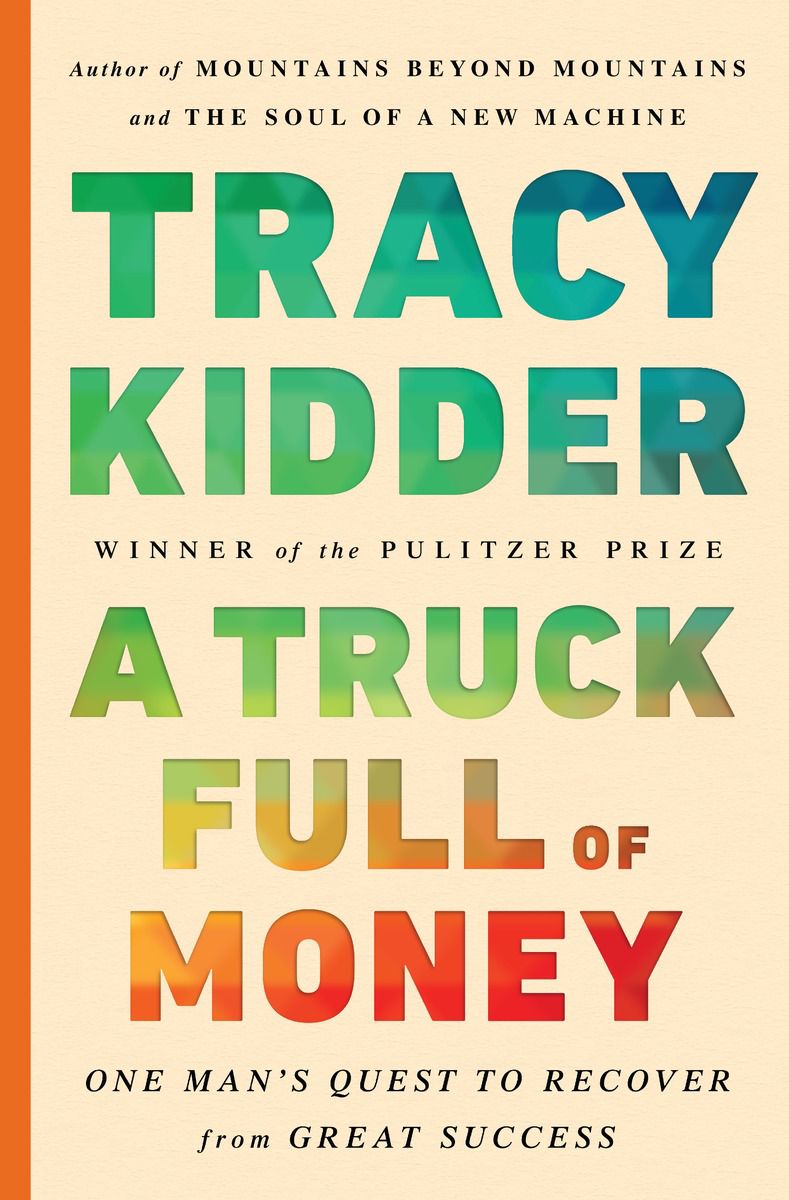

Throughout the book, which mixes memoir, history, literary theory, and art, Sharpe-the chair of Black studies at York University in Toronto and author of the acclaimed book In the Wake: On Blackness and Being-writes about everything from her family history to the everyday trauma of American racism. Until that’s fixed, Jim is basically standing at the bottom of a cliff, trying to save people.” Sometimes he succeeds, but too often, for reasons institutional and personal, some people can’t and won’t be saved, and many who can be will slip between the cracks.Ī searching, troubling look at the terrible actualities of homelessness.Ī potent series of “notes” paints a multidimensional picture of Blackness in America. For all that, said one worker, O’Connell keeps on trying: “This is really about accountability, system design, performance. As O’Connell’s mentor told him, “We’re way down on the solution scale,” and indeed, finding a solution to homelessness is a sociological and economic problem more than a medical one. O’Connell, now well past retirement age, is the tutelary angel of the piece, but many lesser heroes work around the clock to save lives and treat the downtrodden with dignity. Most are White, perhaps because, as O’Connell ventures, “the Black and Latino communities are more willing than Boston’s white world to harbor their homeless.” In any event, “once people have fallen to living on the streets, they have reached a certain horrible equality.” Against the work of O’Connell and his Boston Health Care for the Homeless Program stand an array of bureaucrats and the police, who regularly roust the homeless from their camps and nooks, forcing them to find even less hospitable places to survive the night.

Many of the rough sleepers are mentally ill or addicts. James Joseph O’Connell, has spent decades with volunteer and paid workers driving in a medicine- and supply-stuffed van to the places where this population gathers. It’s a borrowing from the British way of describing the people who sleep where sleep is not intended: doorways, sidewalks, culverts, etc. The term rough sleeper is not used much in American English. Noted long-form journalist Kidder rides along as clinicians try to serve one of Boston’s most marginalized populations.


 0 kommentar(er)
0 kommentar(er)
